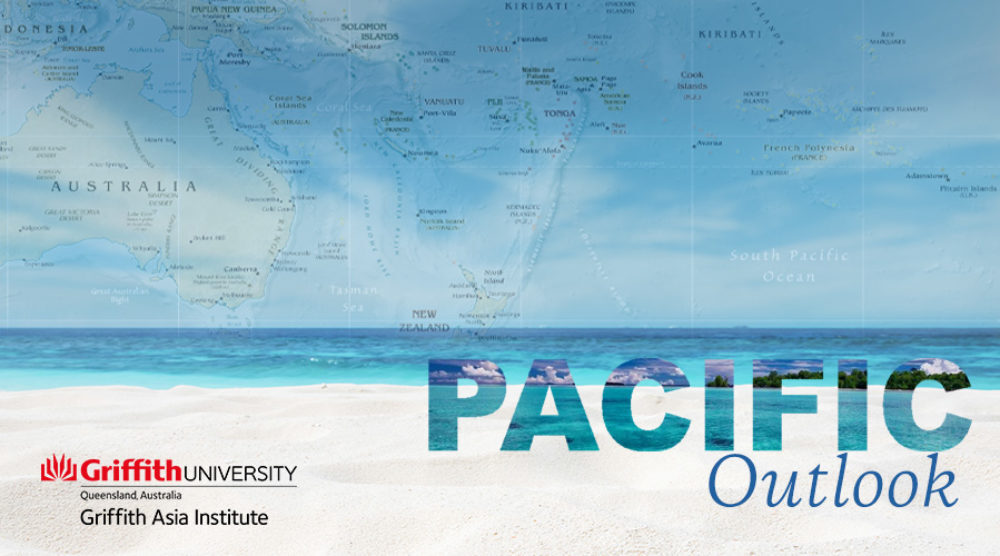TESS NEWTON CAIN |
COP closes
In Glasgow, COP26 has ended. As reactions and responses come in, it is clear that Pacific negotiators have mixed feelings about what has eventuated.
The final text of the Glasgow Climate Pact marks a first for the UN-led negotiations with an explicit reference to coal. The importance of oceans has also been acknowledged in the text. However, Pacific negotiators have bemoaned a last-minute change of language from “phase out” to “phase down” in the relevant part of the text.
Other aspects of the final agreement are also a mixed bag from a Pacific perspective. Members of the High Ambition Coalition fought hard to secure a doubling of adaptation finance. However, large emitting countries resisted calls for a scheme to provide “loss and damage” compensation to those nations adversely affected by a crisis they have not created.
Several Pacific participants and observers have noted that Australia’s position at the negotiations was very much at odds with what island nations were hoping to achieve.
Kiribati plan to delist a major World Heritage site sparks concerns
In Kiribati, a plan to open up a huge swathe of protected ocean to commercial fishing has raised conservation and security concerns.
The Phoenix Islands Protect Area (PIPA) is a World Heritage Site that covers 400,000 square kilometres in the Exclusive Economic Zone of Kiribati. It is believed that the Kiribati government plans to have PIPA removed from the World Heritage list.
In a press release, the government of Kiribati said that this decision was to improve economic returns from the maritime area. It claimed that the promised revenue from the conservation site had not materialised.
Some have expressed concerns that this decision has been driven by Chinese influence since Kiribati switched allegiance from Taiwan to Beijing in 2019. However, the government of Kiribati has hit back at these claims describing them as “neo-colonial”.
Vanuatu government secures a two-thirds majority
In Vanuatu, eight MPs have left the Opposition to join the government side. This brings the total of government MPs to 37, leaving the Opposition with fourteen. The defection was led by members of the Reunification Movement for Change. It was sanctioned by the leader of that party, former Prime Minister, Charlot Salwai
This provides the government with a two-thirds majority. It makes the likelihood of a motion of no confidence being lodged very small.
It also opens the door for the government to introduce changes to the Constitution, particularly those that do not require a referendum to bring about. They also have the numbers to change Parliamentary standing orders.
The Leader of the Opposition, Ralph Regenvanu, has maintained that there is an important role for the MPs on that side of the House.
Vanuatu will next have elections in 2024.
French government imposes date of independence referendum in New Caledonia
The government of France has confirmed that the third independence referendum under the Noumea Accords will be held on 12 December this year.
The announcement was made by the French High Commissioner last week.
This decision has dismayed those on the pro-independence side. They had requested that the referendum be delayed until 2022. They argue that the impacts of the recent COVID-19 outbreak in the French territory undermine their position.
However, those on the side of remaining with France have welcomed the decision to go to the polls next month.
The decision of the French government to take such a strong stance has drawn some criticism that it is not maintaining a ‘facilitator’ role in the process.
The pro-independence groups have said that they will recommend that their followers take no part in the referendum on 12 December.
Tess Newton Cain is an Adjunct Associate Professor at the Griffith Asia Institute and project lead of the Pacific Hub.








